More than three decades after they first shared the same space, one Greek Cypriot and one Turkish Cypriot question the island’s history through a joint exhibition
Thirty five years after first exhibiting together, Greek and Turkish Cypriot artists Rinos Stefani and Sumer Erek have united for an exhibition in Limassol that reflects their common history.
“After our first exhibition in London, it was our intention to do another exhibition in Cyprus. Unfortunately, our Cypriot habits have led us to need more than three decades to organise it,” Erek told the Cyprus News Agency expressing the hope that the exhibition in Limassol will serve as both a celebration of their friendship and an exploration of how time has deepened and shaped their artistic practices.
Sumer and Rinos met as students in London in the 1980s with their friendship based in their shared love of creating art and finding new experiences.
Their common origins, old friendship and similar experiences of London played an important part in shaping their similar perception of society, politics and art, Rinos added.
“These kinds of connections are very deep, and even though we haven’t kept in constant contact, every time we meet, we are united by a passion for politics and art,” he added.
In their latest exhibition, Rinos deals with violence and democracy with caustic humour, while Sumer presents a retrospective of portraits that explore the erosion of time and memory.
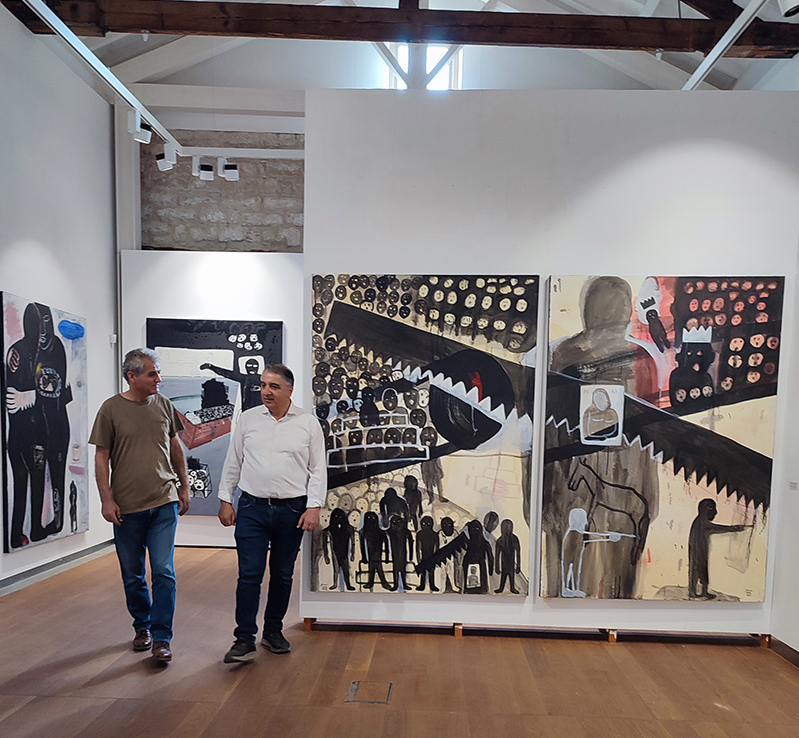
Society, politics and art communicate, whether we like it or not, Rinos said. Violence, democracy, power are “issues that concern me, I could not ignore. I couldn’t just paint beautiful landscapes.”
Referring to the collective memory of Cypriots and whether they have learned from the past, Sumer spoke of “a deep and unresolved wound in the collective memory of Cyprus. The experiences of displacement, violence and loss during the 1960s and 1970s have profoundly shaped and continue to reshape both Greek Cypriots and Turkish Cypriots, yet spaces for dialogue and healing have remained limited”.
He also stressed that “our traumas have been instrumentalised for ethno-nationalist agendas, which serve to divide rather than unite people [in the process failing] to recognise our common humanity, culture and experiences.”
In a world that he is worried is becoming more nationalist, Erek said he is “categorically opposed to all forms of ethno-nationalism,” which, he said, “relegates people to unique identities and erases complexity.
“I feel like any lessons we’ve learned before have been written in the sand.”
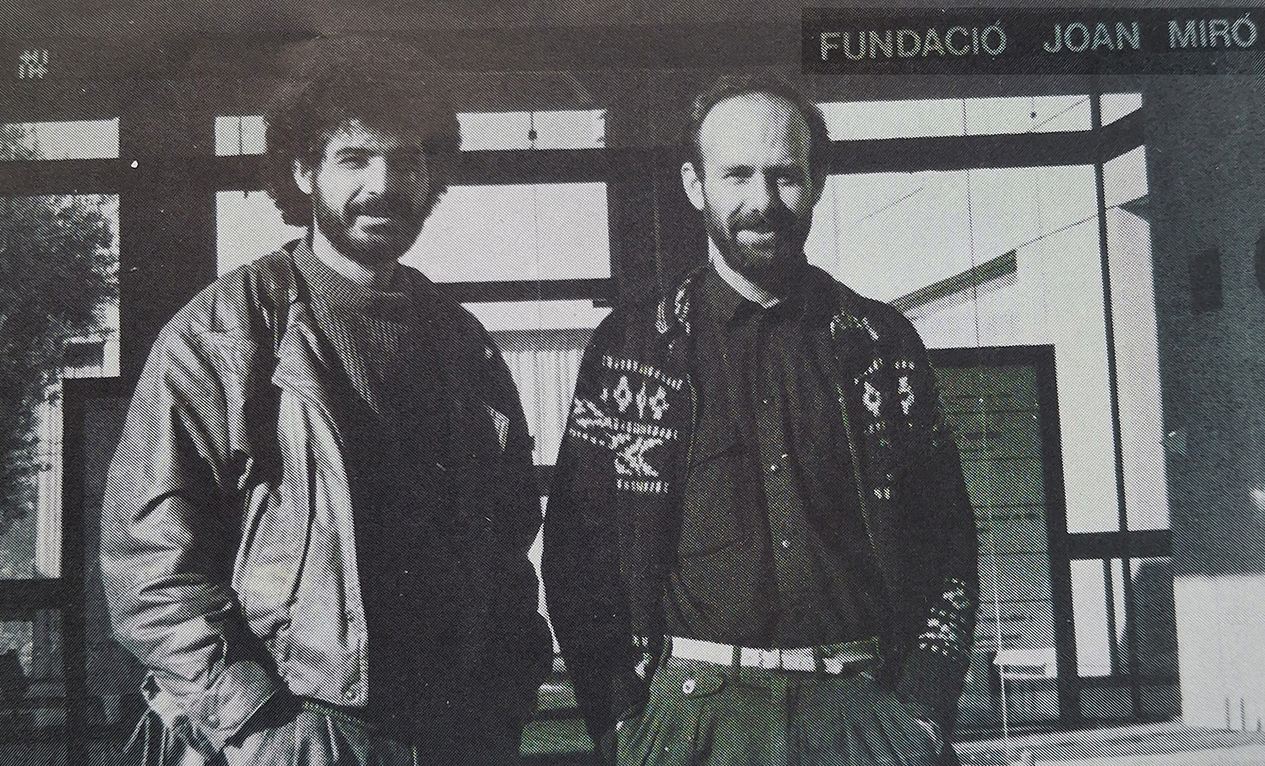
“It seems that people forget,” Rinos added expressing the belief that “the history that we hide and forget is repeating itself – fascism is coming back as neo-fascism. This is how tragedies arise: hostilities, intolerance, conflicts, killings and the evils of wars,” he notes.
At the same time, Sumer expressed the hope that his work allows for continuous dialogue between people, and emphasised the importance of socially active ways of working together, “as they create spaces for collective effort between people who otherwise would never have co-created anything.”
The reminiscences his work explores demonstrate the importance of preserving memory in this ever-changing world. Memories “are constantly melting and refreezing to make different shapes as we move forward in life,” he said but in a distracted world “the formation of the embodied memory, the place, the sensation, the experienced moment has become more demanding.”
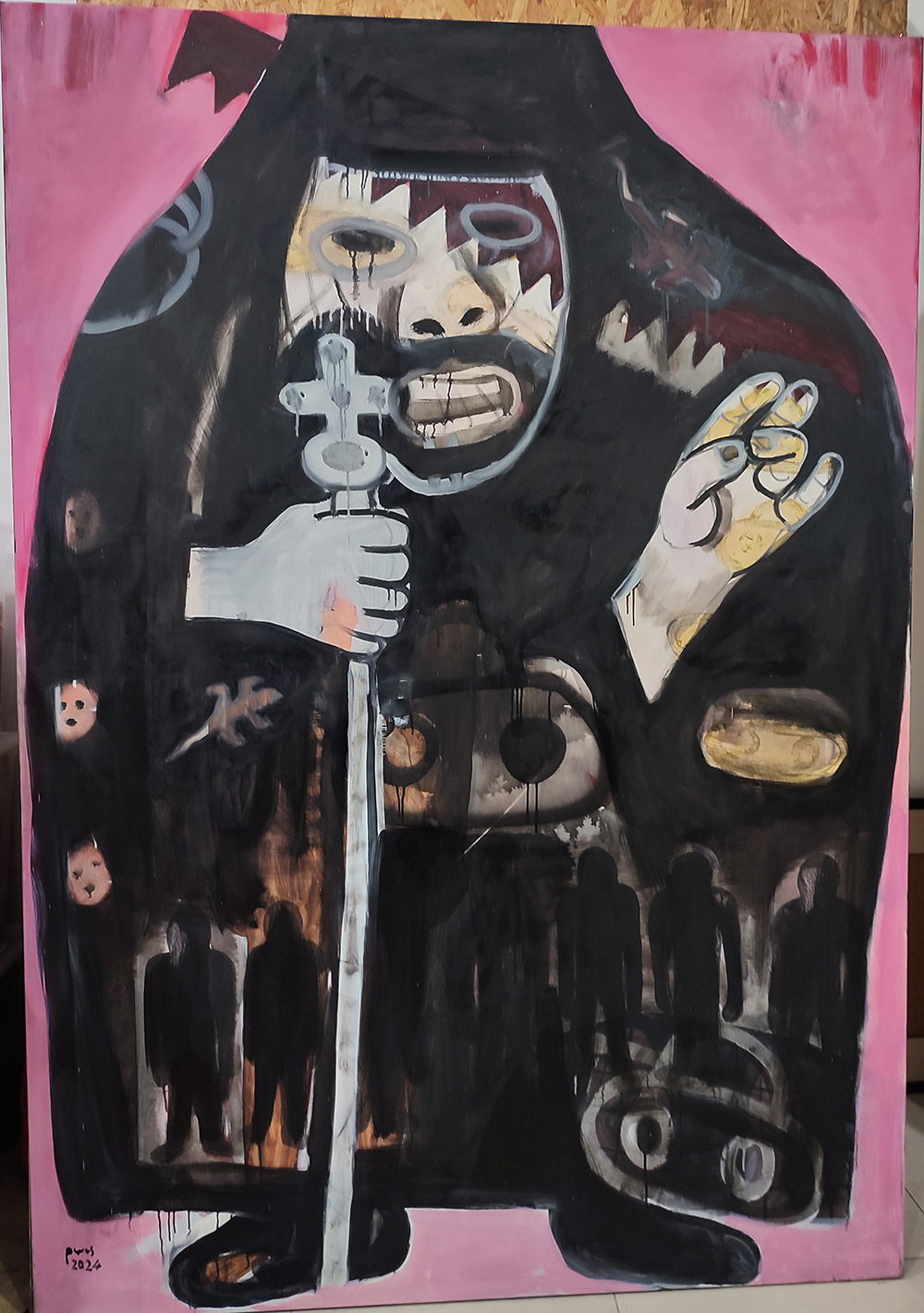
It is the collective and individual memories of the people that are important, he added, not just the monolithic “memory of the state”.
“By presenting stories that have often been obscured and forgotten, I try to capture moments that disrupt larger historical narratives, but unlike a historian, I’m interested in subjectivity and its slippery and effervescent formations.”
For him, the exhibition is about exploring his relationship with time and memory through portraiture. “I don’t see the corrosion of the materials I use, whether they have been eaten, eroded, frayed or burned, as something negative, but rather as part of alchemical processes, which, through transformation, open up the possibility for new interpretations and relationships,” he added.
Rinos Stefani – Sumer Erek
Joint painting exhibition by Greek and Turkish Cypriot artists. Limassol Municipal Arts Centre – Papadakis Warehouses. Until May 31. Tuesday to Friday 10-6pm and Saturday 10am-2pm. Tel: 26 367700
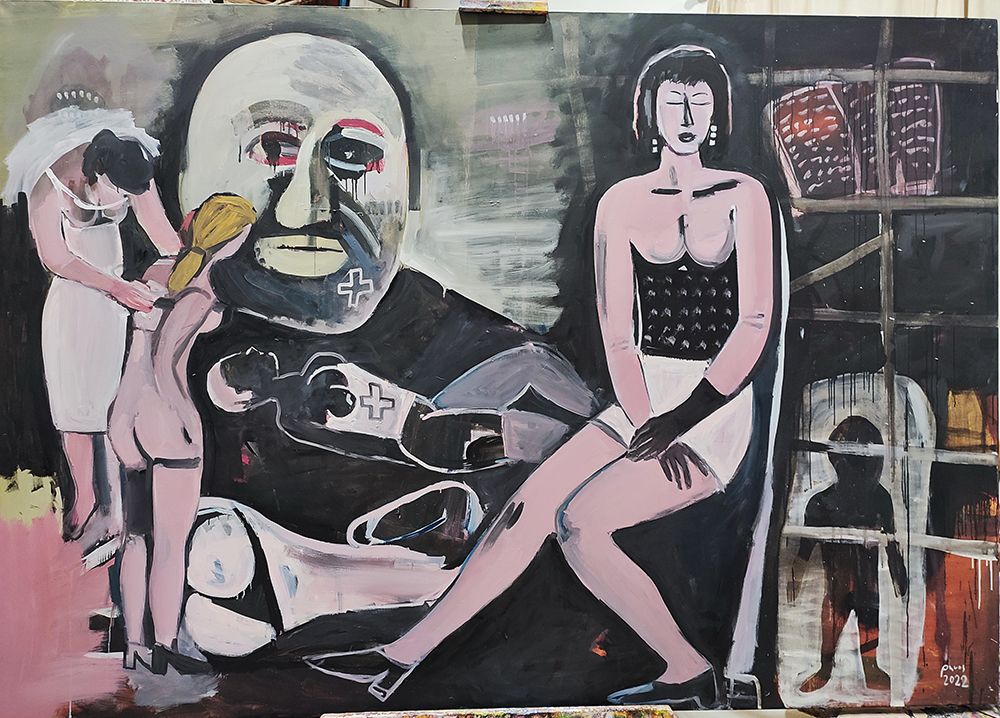
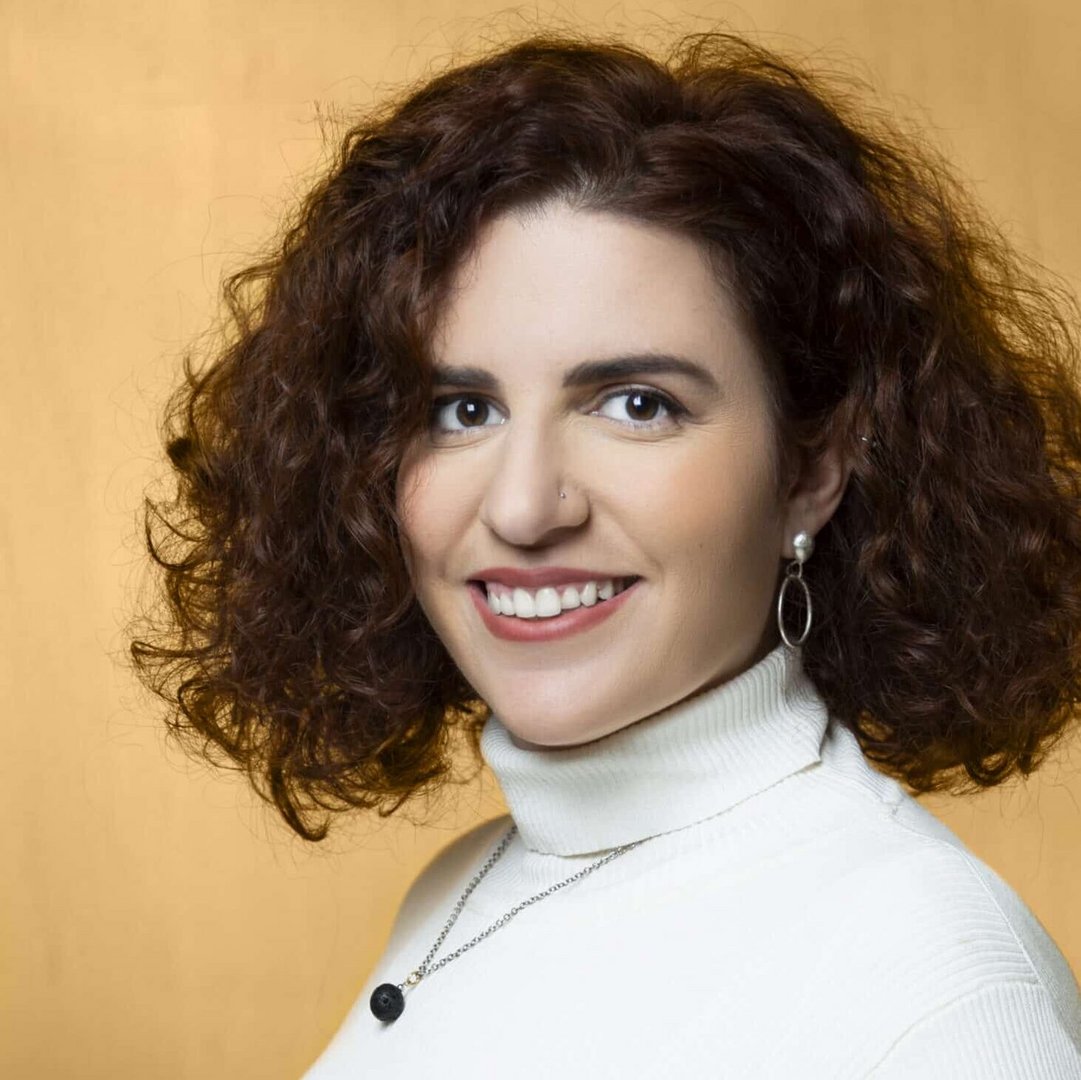




Click here to change your cookie preferences